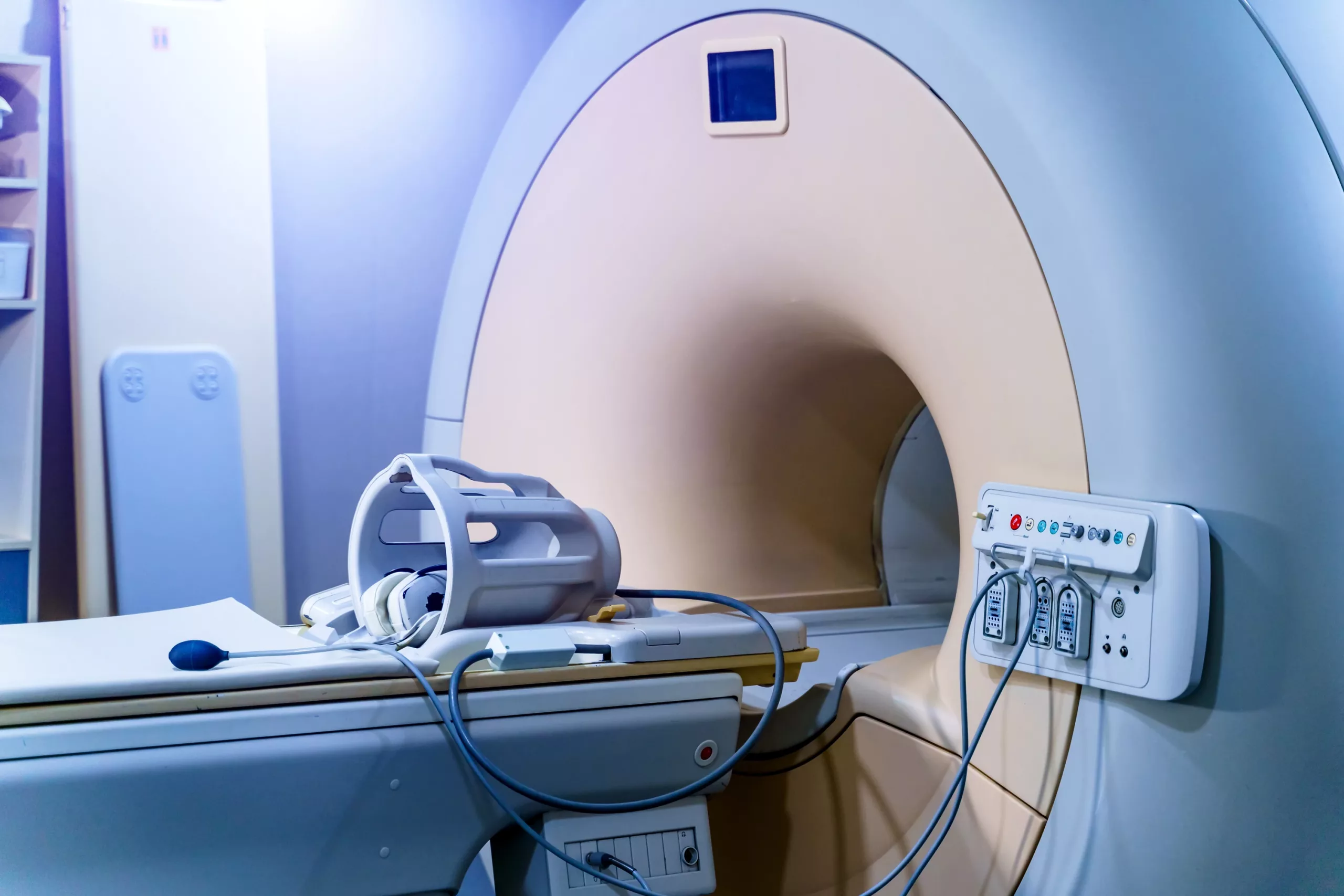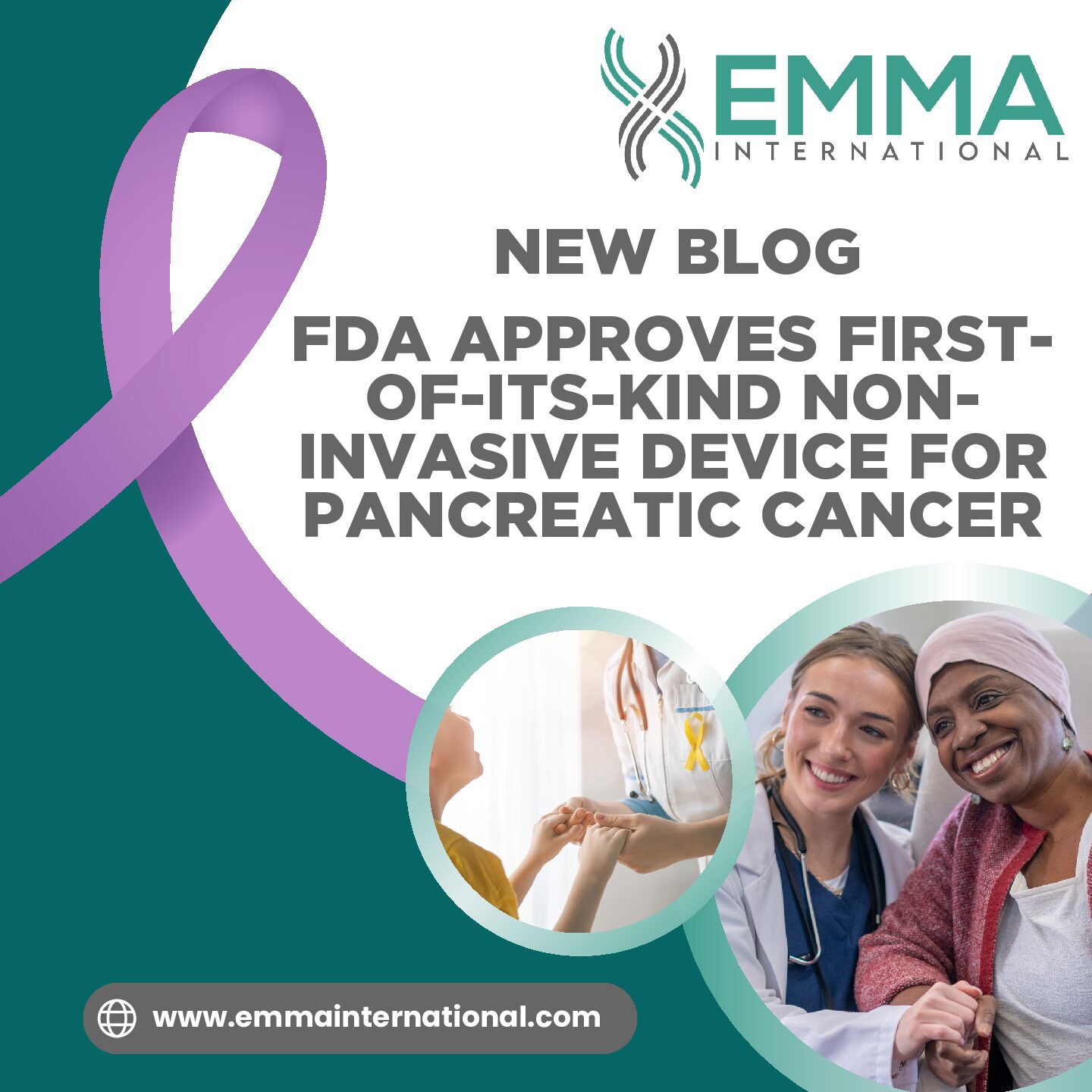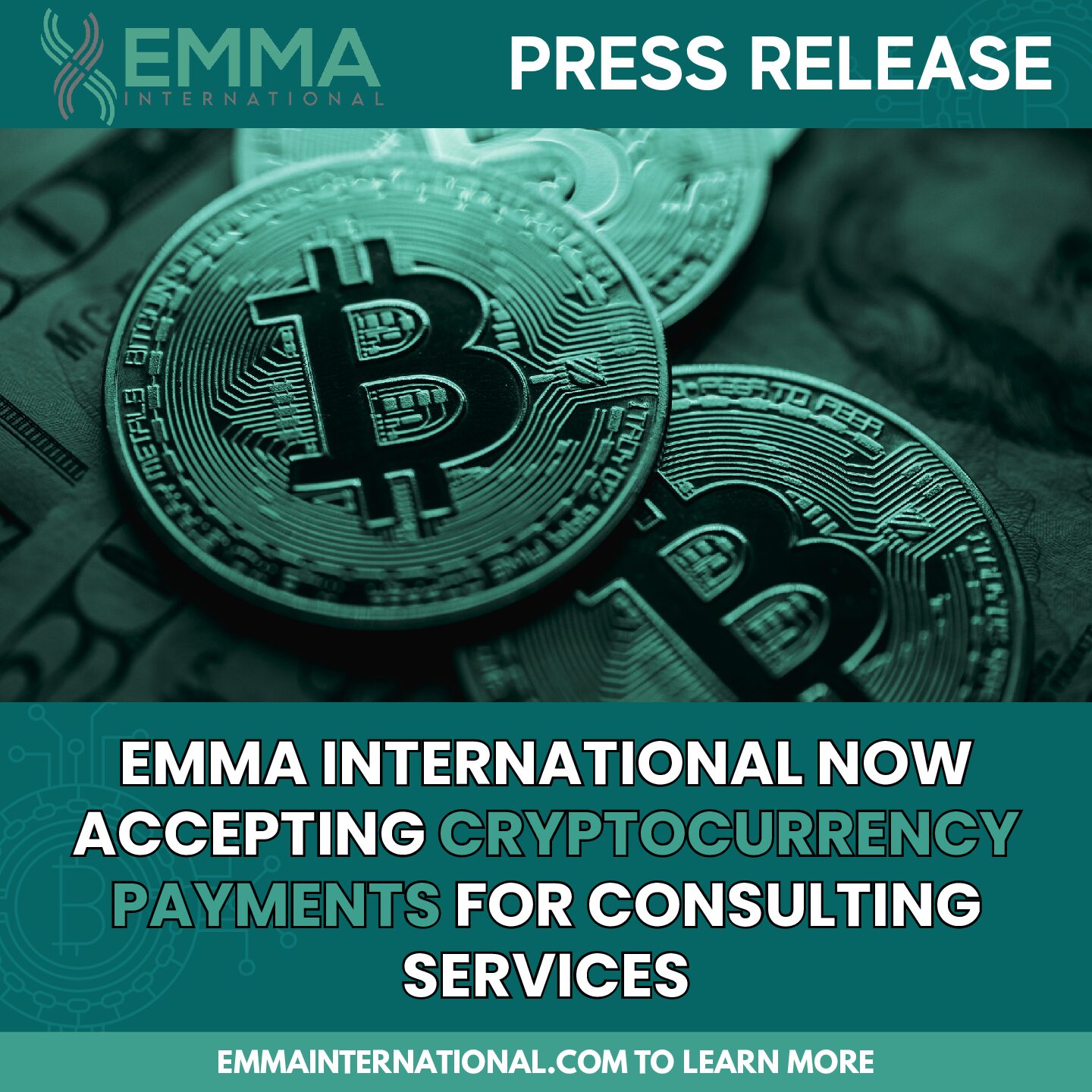Japan, a nation known for its technological prowess and commitment to precision, extends its meticulous approach to the regulation of medical devices. As the Japanese healthcare landscape continues to advance, so do the stringent measures in place to ensure the safety, efficacy, and quality of medical devices. In this blog, we delve into Japanese medical device regulations, exploring the key aspects that manufacturers and stakeholders must navigate.
At the core of Japan’s medical device regulations stands the Pharmaceuticals and Medical Devices Agency (PMDA). Established in 2004, the PMDA operates as an external agency of the Ministry of Health, Labor and Welfare (MHLW). It plays a pivotal role in the evaluation, approval, and post-marketing surveillance of pharmaceuticals and medical devices, maintaining high standards to protect public health.
Manufacturers seeking to introduce medical devices to the Japanese market must adhere to one of the regulatory pathways outlined by the PMDA. The two main routes include the Pre-market Approval (PMA) pathway and the Pre-market Certification (PMC) pathway. The PMA pathway is typically for high-risk devices and involves a rigorous review process akin to the FDA’s Premarket Approval process. The PMC pathway, on the other hand, is applicable to devices with a proven track record in other countries and follows a more expedited approval process.
Japan has also implemented a Unique Device Identification (UDI) system to enhance traceability and facilitate post-market surveillance. Under this system, medical devices are assigned a unique identifier that includes information such as the device’s model, serial number, and expiration date. This initiative aims to improve patient safety, streamline recalls, and enhance overall supply chain transparency.
Once a medical device is on the market, the PMDA continues to monitor its safety and effectiveness through post-market surveillance. Manufacturers are required to promptly report any adverse events or product recalls, contributing to a robust system that prioritizes patient safety.
Recognizing the global nature of the medical device industry, Japan actively seeks to harmonize its regulations with international standards. This alignment facilitates a smoother market entry process for manufacturers with products that comply with recognized global standards, fostering international collaboration and innovation.
Japan’s commitment to precision and excellence extends to its medical device regulatory framework, ensuring that the devices reaching healthcare professionals and patients meet the highest standards. The collaboration between industry stakeholders and regulatory bodies, coupled with ongoing efforts to harmonize with international standards, positions Japan as a key player in the global medical device landscape. As technology continues to advance, the Japanese medical device regulations will evolve to accommodate new innovations, reflecting the nation’s dedication to advancing healthcare for its citizens and beyond. EMMA International can support globalizing your medical device in Japan and beyond. Call us at 248-987-4497 or email info@emmainternational.com to learn more.




